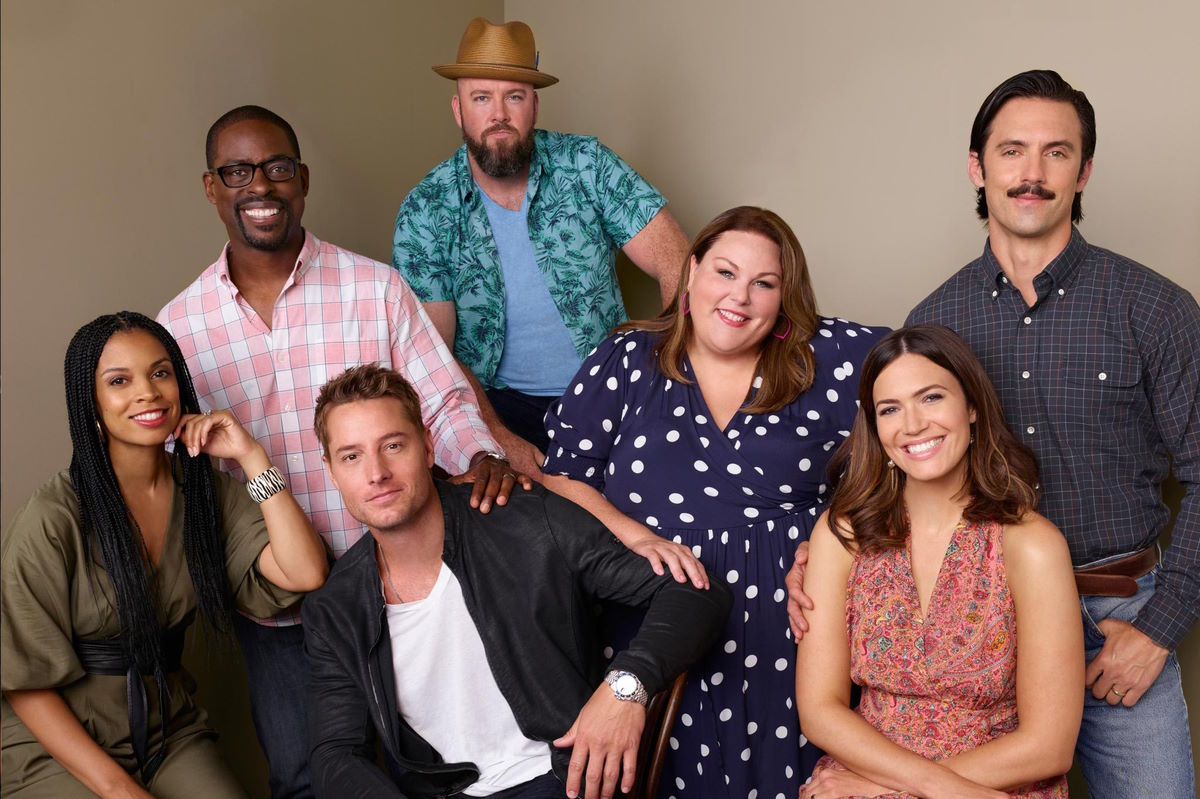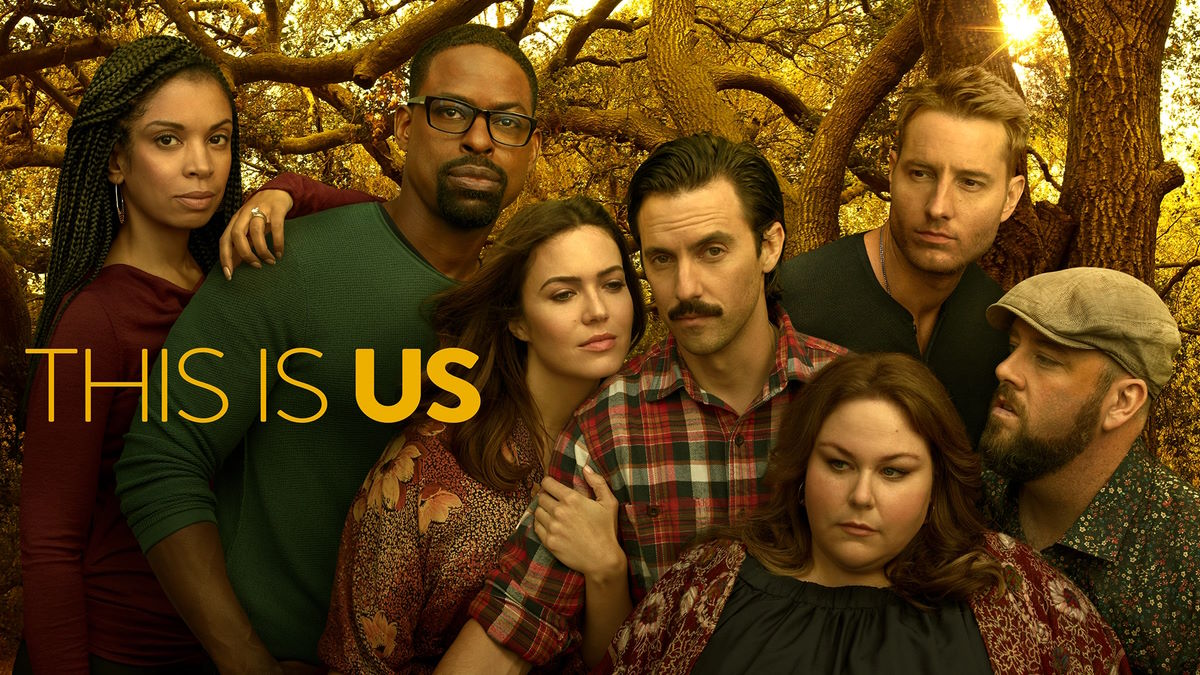“This Is Us” is a hit television series that has captivated audiences with its heartwarming, emotional storytelling. The show explores the lives of the Pearson family, from their childhoods to their present-day struggles and triumphs. One of the most powerful themes throughout the series is the idea of vulnerability and the profound impact it can have on our lives. In this blog post, we’ll explore how “This Is Us” showcases the power of vulnerability and why it’s so important to embrace this quality in our own lives.

The Power of Vulnerability in ‘This Is Us’: Lessons from the Pearson Family
At its core, vulnerability is about being open and honest with ourselves and others. It means allowing ourselves to be seen, flaws and all, and accepting that we are not perfect. This can be a scary prospect, especially in a world that often values strength, confidence, and invincibility. However, “This Is Us” shows us that vulnerability can be a source of strength and resilience, not weakness.
One of the main ways “This Is Us” portrays vulnerability is through the character of Jack Pearson, the patriarch of the family. Throughout the series, we see Jack struggle with addiction, PTSD from his time in the Vietnam War, and a range of other challenges. However, instead of hiding these struggles from his family, Jack chooses to be vulnerable and share his feelings and experiences with them. This vulnerability allows his family to understand him on a deeper level, to empathize with his struggles, and to support him in his journey towards healing.
Similarly, the character of Randall Pearson, Jack’s adopted son, also embodies the power of vulnerability. As a successful businessman and devoted father, Randall appears to have it all together on the surface. However, throughout the series, we see him grapple with anxiety and insecurity, stemming from his experiences as an adopted child and a Black man in a predominantly white world. Despite his fears, Randall is willing to be vulnerable with his family and seek help when he needs it. This vulnerability allows him to grow and connect with his loved ones in a deeper way.
The importance of vulnerability is also explored through the character of Kate Pearson, Jack’s daughter. Kate struggles with body image issues and a history of failed weight loss attempts. However, instead of keeping these struggles hidden, she chooses to be vulnerable with her family and seek support in her journey towards self-acceptance. This vulnerability allows her to connect with her mother, Rebecca, in a way that she never could before and to find the strength to pursue her dreams.

Embracing Vulnerability: A Lifelong Journey of Self-Discovery and Resilience
So why is vulnerability so powerful, and how can we embrace it in our own lives? One reason is that vulnerability allows us to connect with others on a deeper level. When we are open and honest about our struggles and fears, it creates an environment of trust and empathy that can lead to deeper, more meaningful relationships. This is evident in the way that the Pearson family grows closer through their shared vulnerabilities.
In addition, vulnerability can be a source of strength and resilience in the face of adversity. When we are willing to acknowledge and accept our weaknesses, it allows us to work towards overcoming them and to find new sources of strength and growth. This is evident in the way that Jack, Randall, and Kate are able to overcome their respective challenges through their vulnerability.
So how can we cultivate vulnerability in our own lives? It starts with a willingness to be honest with ourselves and others about our feelings and struggles. This can be scary, especially if we fear judgment or rejection. However, the rewards of vulnerability are well worth the risk. By allowing ourselves to be seen and heard, we can connect with others in a deeper way and find the strength and support we need to face life’s challenges.
Conclusion
In conclusion, “This Is Us” is a powerful and emotionally charged series that emphasizes the importance of vulnerability in our lives. By showcasing the struggles and triumphs of the Pearson family, the show encourages us to embrace our vulnerabilities and recognize them as a source of strength rather than weakness. Through vulnerability, we are able to connect more deeply with ourselves and others, heal emotional wounds, and ultimately find greater fulfillment in life. By learning to embrace our vulnerabilities, we can tap into our own inner resilience and create a more authentic and meaningful life for ourselves and others, to be honest about our emotions and experiences, and to stay open to growth and change. With practice and patience, we can develop a greater sense of self-awareness and emotional intelligence, which can help us navigate life’s challenges with more grace and resilience.
So if you’re inspired by “This Is Us” and want to cultivate more vulnerability in your own life, start by taking small steps towards openness and honesty. This might mean sharing a difficult experience with a trusted friend, seeking support from a therapist or coach, or simply allowing yourself to feel and express your emotions more fully. Remember that vulnerability is a process, not a destination, and that it takes courage and practice to develop this skill. But the rewards of vulnerability – deeper connections, greater resilience, and a more authentic life – are well worth the effort
In addition, it’s important to remember that vulnerability is not a one-time event, but an ongoing process. It requires us to continually check in with ourselves.
So, if you’re looking to further explore the power of vulnerability beyond “This Is Us,” dive into the vast world of movies and TV shows that offer valuable life lessons on this topic. From the raw emotions of “Eternal Sunshine of the Spotless Mind” to the personal growth depicted in “Lady Bird,” there’s no shortage of examples to inspire and guide you. Remember, vulnerability is a lifelong journey, so keep learning, growing, and embracing your authentic self.

